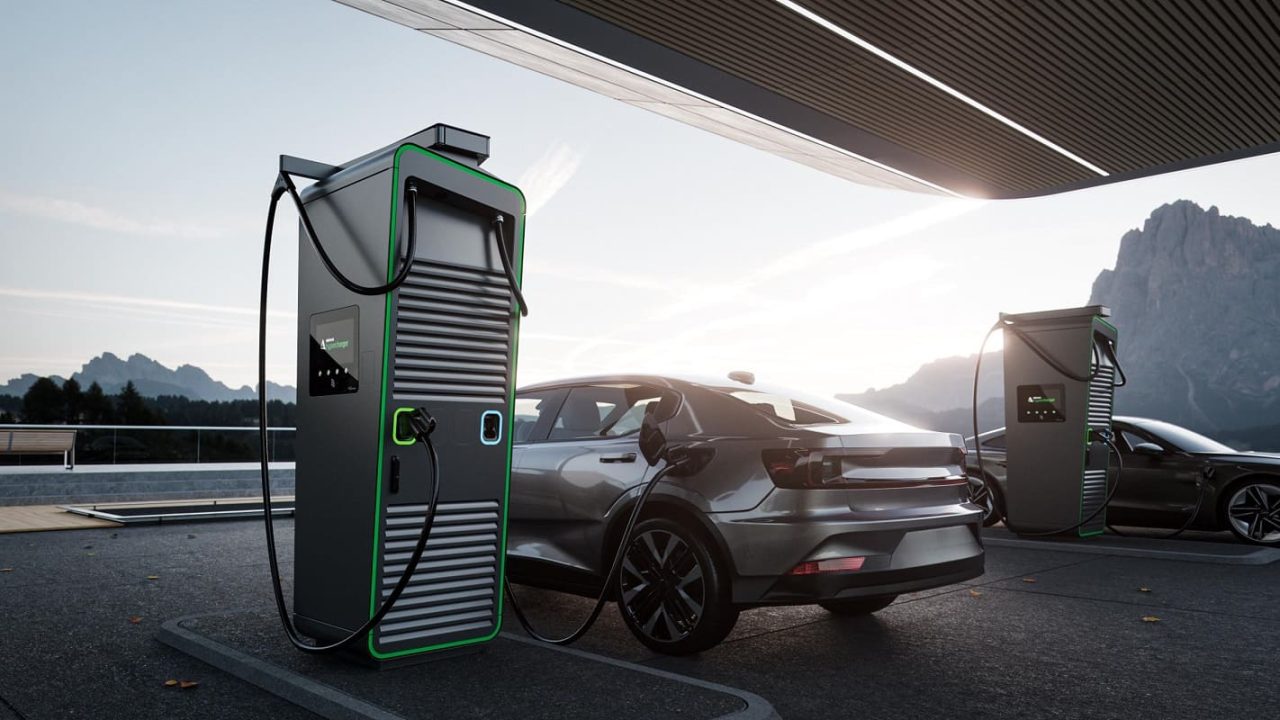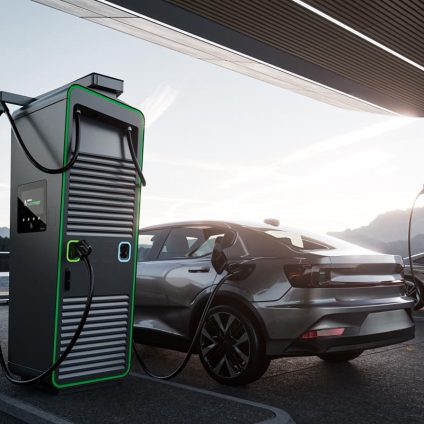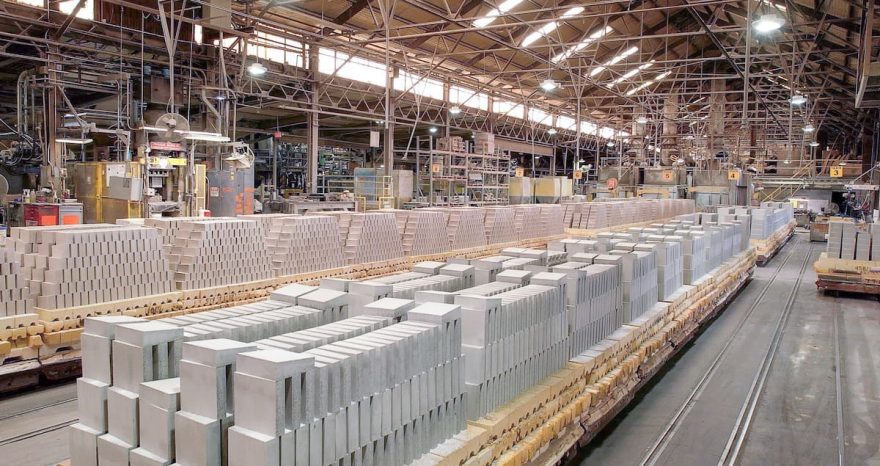From Bolzano to the US, Alpitronic is rapidly scaling across the Atlantic. By 2025, it is expected to become the second-largest provider of fast EV chargers in the country, behind only Tesla.

Rapid growth in the US charging market
From Bolzano to the United States. Alpitronic, the Italian company that manufactures charging stations for electric vehicles, is expanding beyond Europe and entering the American market. Just last year, the Trentino-based firm had no presence in the US, yet by 2025 it is expected to become the country’s second-largest supplier of fast charging stations. Only Tesla ranks higher, although globally Alpitronic operates 86,000 active chargers compared to Elon Musk’s 70,000.
Better performance than Tesla
According to analysis firm Paren, Alpitronic chargers already account for 12% of all public fast-charging stations in the United States. That puts the company ahead of several industry giants. The strength of Alpitronic’s approach lies in its business model. While Tesla both manufactures and operates its Superchargers, Alpitronic focuses strictly on hardware. The company sells its stations to third-party operators who then handle installation and day-to-day operations. For example, retail giant Walmart is one of its American clients. Once it acquires a station, it manages the network independently.
Predictive maintenance improves charging reliability
Alpitronic’s flagship product, the HYC 400, delivers up to 400 kW of power and boasts 97.5% efficiency. It is compatible with both the North American Charging Standard (NACS) and the widely adopted CCS.
What sets these stations apart is their integrated software suite. EV drivers are all too familiar with the frustration of arriving at a station only to find it out of service. To prevent this, Alpitronic has developed a predictive maintenance system. Each station is network-connected and capable of sending real-time diagnostic data. In many cases, remote fixes are possible, eliminating the need for on-site technical intervention.
A focused strategy for US expansion
Even with US political headwinds against full electrification, particularly under Donald Trump’s policies, investment in electric mobility continues. However, Bloomberg analysts forecast a slowdown in EV adoption in the US, with projected rates falling from 48% to 27% by 2030.
Alpitronic has not disclosed the exact number of units installed in the US so far. Still, the company’s strategy is evident: ensure maximum station uptime to prevent consumer frustration. In the fast-growing EV landscape, a reliable charging experience can be a game-changer, not only for brand perception but also for long-distance travel confidence.













